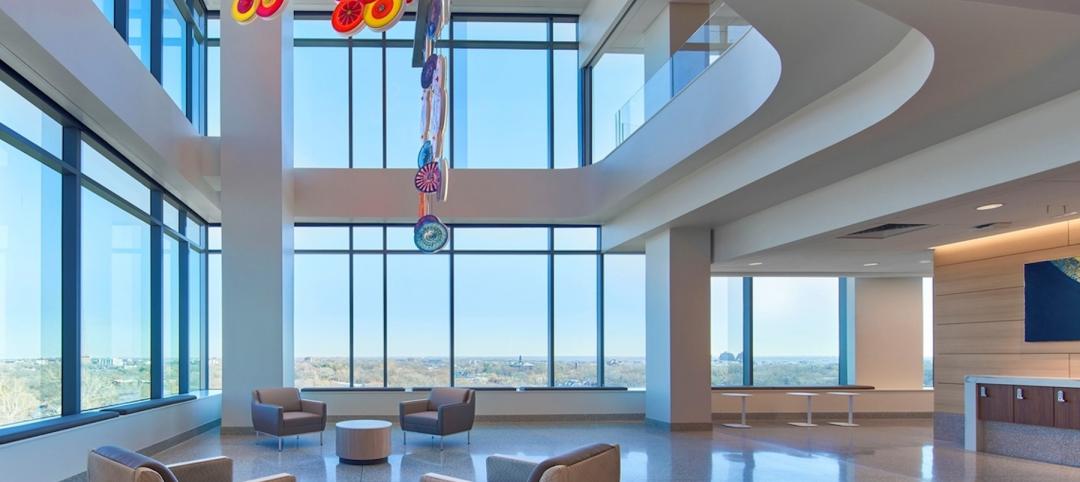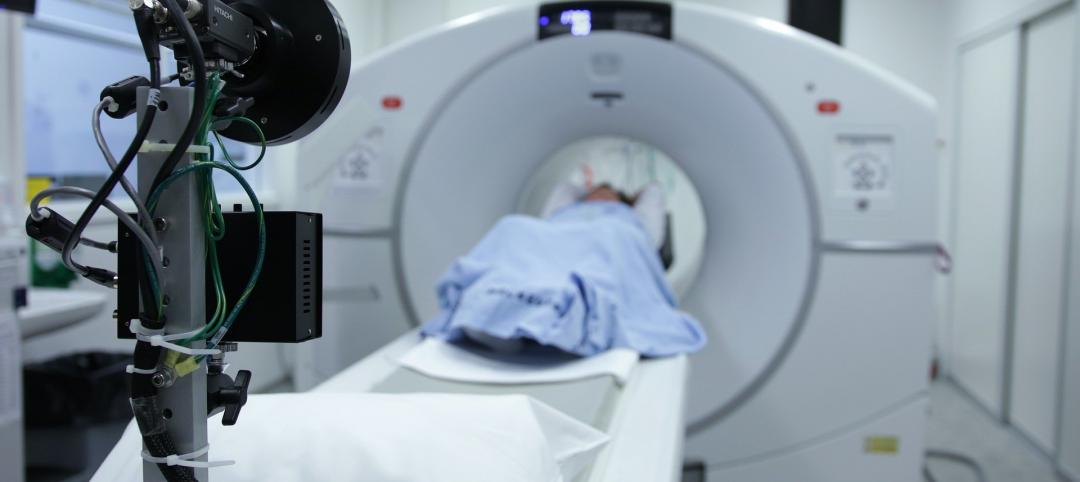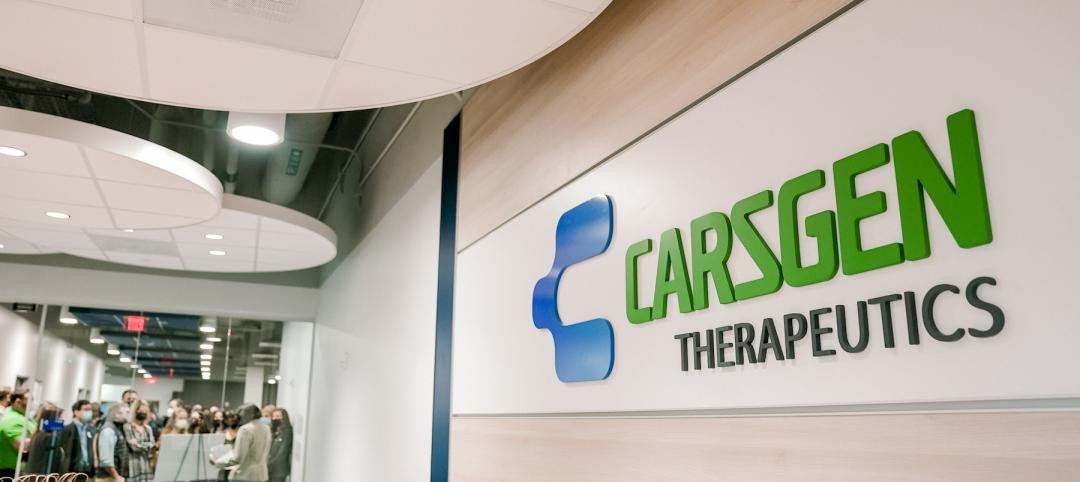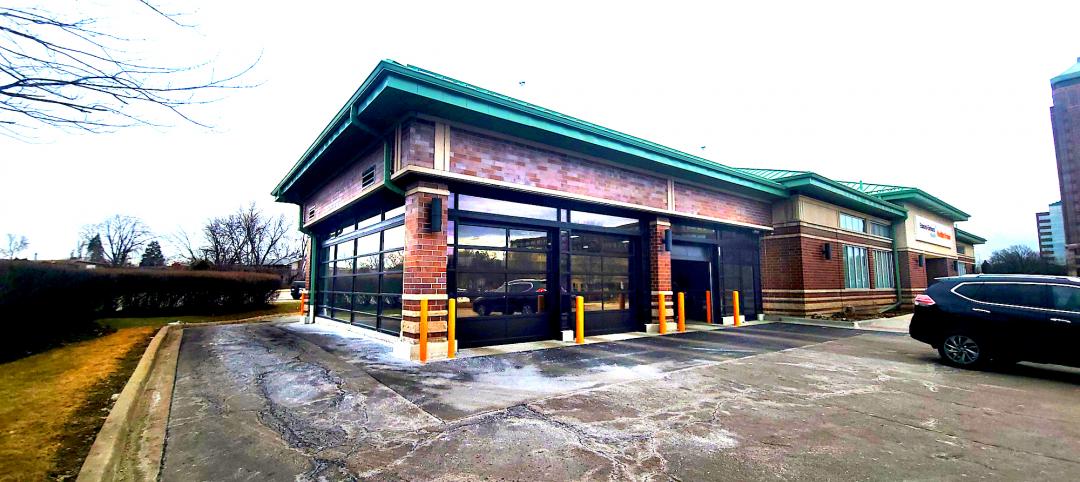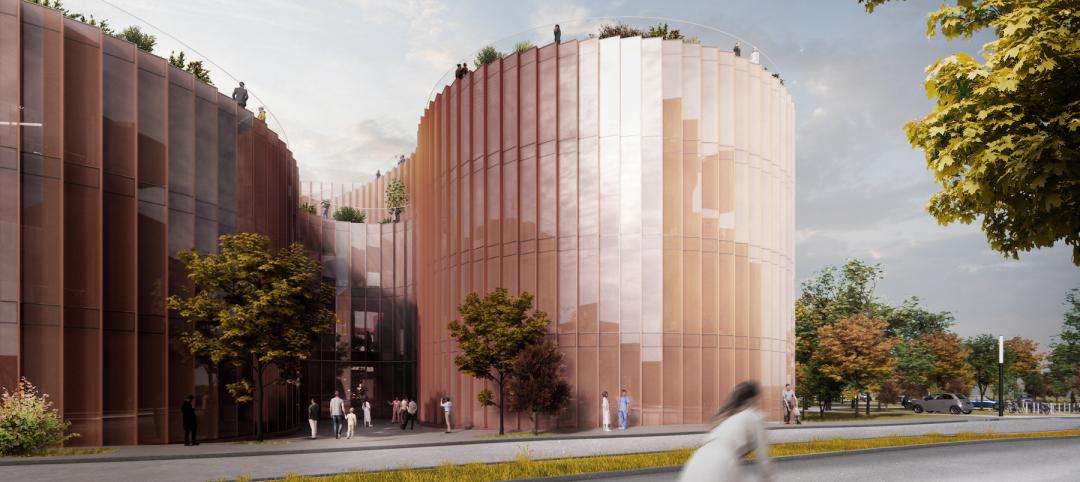By 2030, a fifth of the U.S. population will be 65 or older, according to the Census Bureau. This cohort and succeeding generations are expected to live longer than their predecessors, and remain much more active into their later years.
TOP 90 HEALTHCARE ARCHITECTURE FIRMS
Rank, Firm, 2015 Revenue
1. HDR $189,259,600
2. Stantec $169,505,425
3. Perkins+Will $147,640,000
4. HKS $134,427,510
5. CannonDesign $130,000,000
6. SmithGroupJJR $80,272,000
7. NBBJ $80,000,000
8. CallisonRTKL $69,955,000
9. HGA $67,221,000
10. HOK $59,887,000
TOP 100 HEALTHCARE CONSTRUCTION FIRMS
Rank, Firm, 2015 Revenue
1. Turner Construction Co. $2,013,969,043
2. McCarthy Holdings $974,575,751
3. Skanska USA $909,329,296
4. Brasfield & Gorrie $889,780,920
5. JE Dunn Construction $775,645,914
6. DPR Construction $752,608,000
7. Robins & Morton $629,700,000
8. PCL Construction Enterprises $612,506,352
9. Whiting-Turner Contracting Co., The $536,246,481
10. Gilbane Building Co. $503,914,000
TOP 80 HEALTHCARE ENGINEERING FIRMS
Rank, Firm, 2015 Revenue
1. AECOM $90,000,000
2. Jacobs $78,010,000
3. WSP | Parsons Brinckerhoff $55,480,000
4. BR+A Consulting Engineers $46,000,000
5. KJWW / TTG $39,820,000
6. Smith Seckman Reid $38,668,017
7. Affiliated Engineers $36,208,000
8. BSA LifeStructures $31,488,415
9. Mazzetti $25,966,258
10. TLC Engineering for Architecture $21,012,432
Michael Steiner, AIA, LEED AP, an Associate with Corgan, recently collaborated with the firm’s Francie Abell, Interior Designer, and Landon Moore, Architect, on an age-simulation research project. The goal: to better understand the stresses and anxieties that the 65+ and the mobility-impaired population face when navigating spaces like medical facilities, workplaces, schools, and airports.
“The goal is to elevate awareness of this issue and make sure that we’re designing with these folks in mind,” says Steiner.
At the heart of the Corgan study is the GERontologic Test suit (GERT), an age-simulation ensemble that incorporates weights, gloves, glasses, wraps, and headphones that tack 40 years of wear and tear on the user.
Using the GERT suit, Corgan designers experienced first-hand the difficulties that the elderly and mobility impaired confront every day. They walked through four Corgan-designed buildings—Dallas Love Field Airport; Daugherty Elementary, Garland, Texas; Moncrief Cancer Institute, Fort Worth; and Corgan’s headquarters in Dallas. They completed a series of tasks at each location, once wearing the GERT suit and once without.
Simple exercises—grabbing a can of soda from a refrigerator, pulling a roller suitcase through an airport terminal, carrying books down a school hallway, climbing a staircase, working on a desktop computer, taking notes, locating a specific binder on a bookshelf—were excruciatingly difficult for many of the users.
It took participants 52–73% longer to complete the tasks with the GERT suit on than without it.
LESSONS LEARNED
Based on their observations (see below), Corgan’s team offers the following takeaways:
• Consider wayfinding strategies with multiple elements and large signs. Participants tended to look down and reacted more slowly, which led them to miss signage. Wayfinding strategies that incorporate both floor and wall elements could help improve communication.
• Investigate signage locations with areas of bright light and intense shadow. Consider films or frits to help reduce the amount of glare and strong shadows. Minimize the use of white finishes in brightly lit spaces, which can cause glare.
• Include “fatigue mitigation” stations. Break up long distances with areas where occupants can rest and confirm the correct direction.
• Avoid changes in level along primary pathways. Make sure elevator/escalator cores are readily visible and accessible.
Design with multiple senses in mind. Some users use sight, others depend on touch, sound, or smell.
• Provide seating of different levels (e.g., standard seats, high seats, and something to lean on).
• White text on green was by far the most preferred signage method. White text on blue was also very effective. Backlit signage is highly recommended.
• Avoid using low, protruding objects, such as low chairs and tables.
For more: http://tinyurl.com/CorganAge.
RETURN TO THE GIANTS 300 LANDING PAGE
Related Stories
Healthcare Facilities | Jun 13, 2022
University of Kansas Health System cancer care floors foster community and empathy
On three floors of Cambridge Tower A at The University of Kansas Health System in Kansas City, patients being treated for blood cancers have a dedicated space that not only keeps them safe during immune system comprising treatments, but also provide feelings of comfort and compassion.
Sponsored | Healthcare Facilities | May 3, 2022
Planning for hospital campus access that works for people
This course defines the elements of hospital campus access that are essential to promoting the efficient, stress-free movement of patients, staff, family, and visitors. Campus access elements include signage and wayfinding, parking facilities, transportation demand management, shuttle buses, curb access, valet parking management, roadways, and pedestrian walkways.
Healthcare Facilities | Apr 19, 2022
6 trends to watch in healthcare design
As the healthcare landscape continues to evolve, IMEG’s healthcare leaders from across the country are seeing several emerging trends that are poised to have wide-ranging impacts on facility design and construction. Following are six of the trends and strategies they expect to become more commonplace in 2022 and the years to come.
Healthcare Facilities | Apr 14, 2022
Healthcare construction veteran creates next-level IPD process for hospital projects
Can integrated project delivery work without incentives for building team members? Denton Wilson thinks so.
Market Data | Apr 14, 2022
FMI 2022 construction spending forecast: 7% growth despite economic turmoil
Growth will be offset by inflation, supply chain snarls, a shortage of workers, project delays, and economic turmoil caused by international events such as the Russia-Ukraine war.
Laboratories | Apr 7, 2022
North Carolina's latest play for biotech real estate development
The Tar Heel State is among a growing number of markets rolling out the welcome mat for lab spaces.
Healthcare Facilities | Apr 7, 2022
Visibility breeds traffic in healthcare design
Ryan Companies has completed several healthcare projects that gain exposure by being near retail stores or office buildings.
Healthcare Facilities | Mar 25, 2022
Health group converts bank building to drive-thru clinic
Edward-Elmhurst Health and JTS Architects had to get creative when turning an American Chartered Bank into a drive-thru clinic for outpatient testing and vaccinations.
Projects | Mar 21, 2022
BIG-designed Danish Neuroscience Center will combine groundbreaking science and treatment
A first-of-its-kind facility, a new Danish Neuroscience Center in Aarhus, Denmark designed by BIG, will combine psychiatry and neuroscience under one roof.
Projects | Mar 18, 2022
Toronto suburb to build the largest hospital in Canada
A new hospital in Ontario will nearly triple the care capacity of its existing facility—becoming the largest hospital in Canada.




